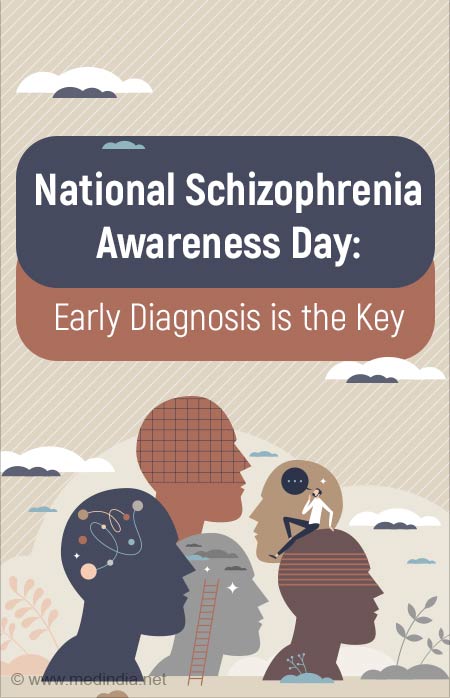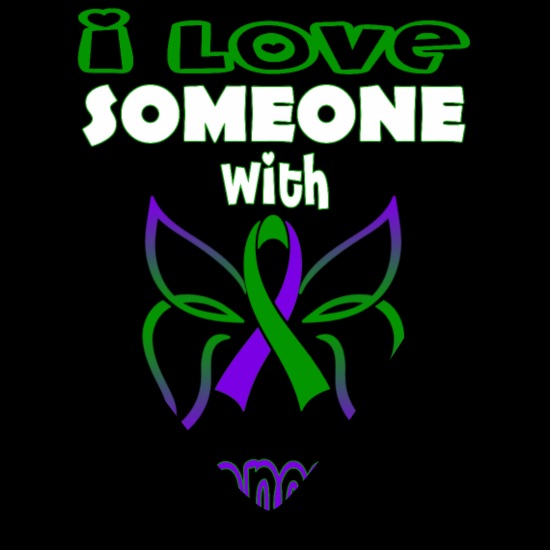What is Schizencephaly?
What causes Schizencephaly
Schizencephaly is a rare congenital brain malformation that occurs during fetal development. The exact cause is not fully understood, but it is believed to result from a disruption in the migration of nerve cells in the brain during early pregnancy.
Symptoms and Diagnosis of Schizencephaly
Symptoms of Schizencephaly can vary widely, ranging from mild to severe neurological deficits. Diagnosis is typically made through imaging studies such as MRI and CT scans, which can reveal the characteristic clefts or cleft-like openings in the brain tissue.

Understanding National Schizencephaly Awareness Day
History and Significance of the Awareness Day
National Schizencephaly Awareness Day aims to educate and raise awareness about this rare brain malformation. By shedding light on the condition, the awareness day provides support to individuals and families affected by Schizencephaly. It also serves as a platform to advocate for research and resources for better understanding and management of the disorder.
How to get involved and raise awareness
Getting involved in National Schizencephaly Awareness Day can be as simple as sharing information on social media, participating in local awareness events, or donating to organizations supporting research and advocacy for individuals with Schizencephaly. Raising awareness is key to ensuring those affected receive the support and resources they need.

Stories of Strength: Individuals Living with Schizencephaly
Personal accounts of individuals with Schizencephaly
It is crucial to listen to the personal accounts of individuals living with Schizencephaly to understand their experiences and challenges. Sharing their stories can help raise awareness and provide support to those affected by the condition.
Challenges and triumphs
Individuals with Schizencephaly face unique challenges daily but also showcase remarkable strengths and resilience. Understanding their triumphs can inspire others and foster a sense of empathy and support within the community.

Research and Resources for Schizencephaly
Current research on Schizencephaly
Research on Schizencephaly is continually evolving to enhance understanding, diagnosis, and treatment options for individuals living with this condition. Ongoing studies provide valuable insights into the causes, symptoms, and potential interventions for Schizencephaly.
Support organizations and resources for families
Families impacted by Schizencephaly can find solace and guidance from various support organizations and valuable resources. These groups offer emotional support, information, and connections to medical professionals who specialize in Schizencephaly, aiding families in navigating the challenges associated with the condition.
Schizencephaly Awareness Campaigns
Past campaigns and initiatives
Various awareness campaigns and initiatives have been undertaken to shed light on Schizencephaly, aiming to educate the public, healthcare professionals, and families about this condition. These efforts strive to increase awareness, promote early detection, and provide support to individuals impacted by Schizencephaly.
Impact of raising awareness
Raising awareness about Schizencephaly plays a crucial role in fostering understanding, reducing stigma, and improving access to resources for affected individuals and their families. Increased awareness can lead to earlier diagnosis, better treatment options, and enhanced support systems for those living with Schizencephaly.

Supporting Families Affected by Schizencephaly
Tips for caregivers and family members
Raising awareness about Schizencephaly is vital to enhance understanding and support. Caregivers and family members can benefit from connecting with support groups, seeking guidance from healthcare professionals, and staying informed about the condition. Providing care and empathy are crucial for individuals affected by Schizencephaly.
Navigating healthcare and support services
Accessing healthcare and support services is essential for individuals with Schizencephaly. Families should collaborate with medical professionals to ensure proper diagnosis and treatment. Understanding available resources, such as therapy options and community programs, can improve the quality of life for those impacted by Schizencephaly.

Building a Supportive Community
Connect with other families and individuals
Families affected by Schizencephaly can benefit from connecting with other families and individuals facing similar challenges. Sharing experiences, advice, and resources can provide much-needed support and understanding in navigating the complexities of the condition.
Local events and gatherings
Attending local events and gatherings related to Schizencephaly can help families build connections, access valuable information, and feel a sense of belonging within a supportive community. These events offer opportunities to network, learn, and advocate for those impacted by the condition.

Conclusion
The importance of National Schizencephaly Awareness Day
Families affected by Schizencephaly find solace in connecting with others facing similar challenges. Attending local events related to Schizencephaly fosters a sense of community and provides valuable information, resources, and support. Networking and advocating at these gatherings enhance the overall well-being of individuals impacted by the condition.

